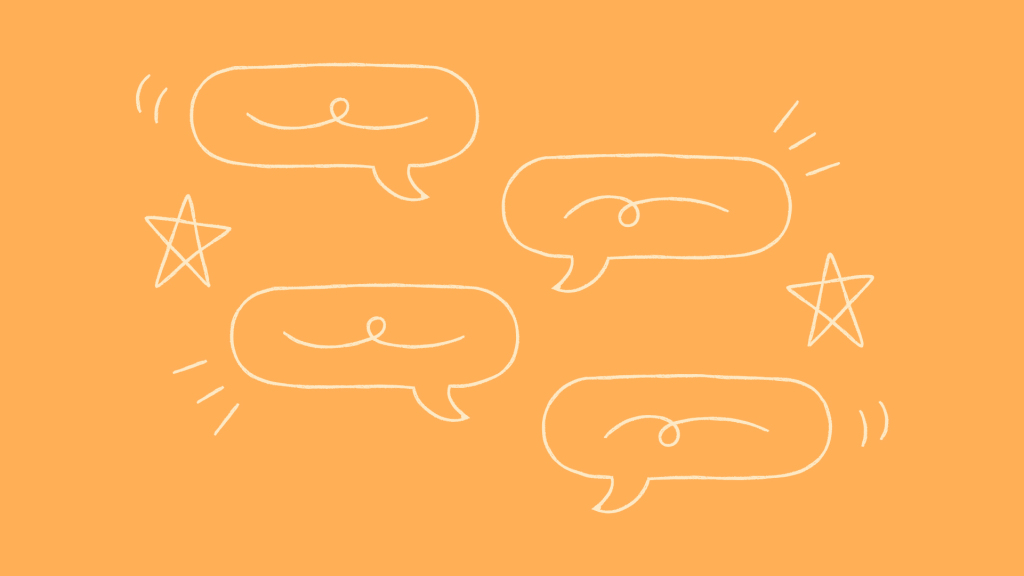
- 2 mins
A Roundup of Resources for Anxious Times

January. Some say it feels like the longest month of the year. January is known for the start of New Year’s resolutions, time spent recovering from the social and financial obligations of the holiday season, and for some, post-holiday stress—more commonly known as post-holiday blues. This phenomenon can come in the form of feeling depressed or anxious over the financial, emotional, and physical stress of the holidays. For some, there is an adrenaline dip that occurs following a hectic schedule and change in normal routines, even if the season has been filled with free time and joyful activities. For others, the industries they work in, such as retail and hospitality, are busiest during this time of year and trying to manage both family obligations and the happiness of the public can be a lot to hold. This compounded stress gets released when the season is over and can lead to a post-holiday slump.
So if you have been feeling a bit low this month, you are not alone. And along with being aware of our own feelings, it’s important for us to remember that the young people in our life can also experience depression and other mood changes this time of year. Below we discuss what can cause this change in mood, how children are affected, and what we can do to help address sadness, stress, or anxiety in kids and get them back on track.
January and February are usually the most difficult months for people with seasonal affective disorder or SAD, which typically develops in adulthood but can also affect older children and teens. The reduced level of sunlight can disrupt the body’s internal clock. It may also cause a drop in serotonin, a brain chemical that affects mood. In addition, winter cold can lead to spending less time outdoors, which can negatively affect children’s mental health. Some children may experience charged emotions around a situation involving divorced or separated parents, which can be especially difficult around the holidays. Diet can also play a major role, as overindulgence in rich and sugary foods has its consequences.
Another common factor in post-holiday blues is the expectations of the time of year versus the realities. Having conversations with our children about the “hype” of the holidays versus their true meaning and purpose can help them be better prepared to manage their own expectations, and less likely to feel let down when returning to regular routines.
We can easily miss signs of post-holiday blues in children, as they show up in a variety of different ways. Signs can include the following:
Children cope with stress and anxiety in different ways. Not having a daily routine for kids can be fine during the excitement of the holidays, but it takes work and dedication along with a strong helping of patience to get them back on track when life returns to normal. This is where it’s key to focus emphasis on the basics.
The transition into the new year can be a difficult on. It’s important that your child knows that they are not alone in this journey. Anxiety is as normal for kids as it is for us. Communicating about our struggles together, developing clear routines, and prioritizing sleep and rest are ways to combat post-holiday stress. Moshi has a variety of ways to support both you and your child during this time. Choose from a wide variety of stories, music, meditations, and more. The Moshlings are here to help your young person in navigating confusing emotions and to develop their toolbox that they can reach for anytime they feel that need for support. Focusing on mental health and well-being is a resolution that can benefit all areas of our lives, and that way we can truly have a very Happy New Year!